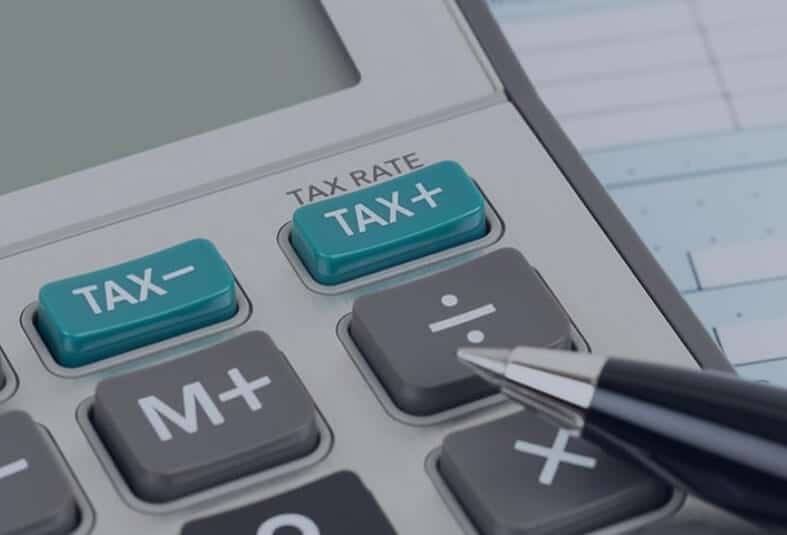Table of Contents
Speaking with the ABC, Treasurer Josh Frydenberg has announced proposed personal tax cuts being brought forward in the vicinity of $158 billion for Australians.
While the cuts were scheduled for mid-2022, they have been brought forward to ease the growing financial tension among Australians and help to encourage more spending in the local economy.
The third stage cuts with a tax rate of 32.5 per cent for the vast majority of workers were expected to be applied from 2024. Mr Frydenberg firstly revealed these would be brought forward to 2022 and now even quicker, with news it could now be carried forward to this financial year.
What are the savings for your income bracket?
The significant savings kick in for those earning between $50,000 and $90,000, who will have their total annual tax reduced by $1080.
Those with a taxable income between $90,000 and $100,000 will be reduced by $1215 and those earning between $100,000 and $120,000 save $1665.
The additional boost is hoped to aggregate demand and stimulates people’s confidence to increase consumption and spending in the economy.
Ways to protect yourself in a recession
Whatever financial position you’re currently in, your tax specialist can assist you in some ways to protect your financial situation. Here are some useful tips:
1. Pay down your debt
Having too much debt in a recession is a fast way to make your position unsettling, and to ease the pressure, it’s a good time to pay down any credit cards. With zero APR (Annual Percentage Rate) available, it’s a great time to take this offer up from the banks. Another option is to boost your mortgage offset account.
2. Establish an emergency fund
Everyone should aim to have an emergency fund that can cover around 3-6 months of expenses in case of job losses. Even if you believe your job is safe, this amount in your account will help build your future when times get tough or when unexpected accidents or injuries occur.
3. Forget about large ticket items
We may all be saving on our travel budget right now because we can’t jet set away, but that doesn’t mean go and spend your savings on a big-ticket item like a second car, boat or jet ski. Further borrowing or large outlays are more advisable once the economy starts to settle again.
4. Set a sensible weekly budget
Setting a weekly budget and living within your means isn’t always as easily done that said. If it’s not something you’re used to, write down all your expenses weekly and monthly and work out where you cut corners temporarily. Morning coffees, takeaway meals and additional clothing are somewhere to start.
5. Evaluate your investments
You may have made some suitable investments that have worked in the past but now might not be making sense, or you might want to consider changing to less risky investments in the current market. A good financial advisor will be able to guide you through some conservative options to help you ride through the tough times and minimise risk.
Recessions can be a time of uncertainty and can cause great anxiety if you’re not set up with sound financial practices in place. Talking to a reputable accountant can help you be ahead of any tax breaks occurring and help you adopt good financial strategies in times of a recession.
Carbon has locations in Brisbane, Sydney, Melbourne, Perth and Adelaide and are ready to help you navigate through the recession. Get into a good financial habit and call us today.





















